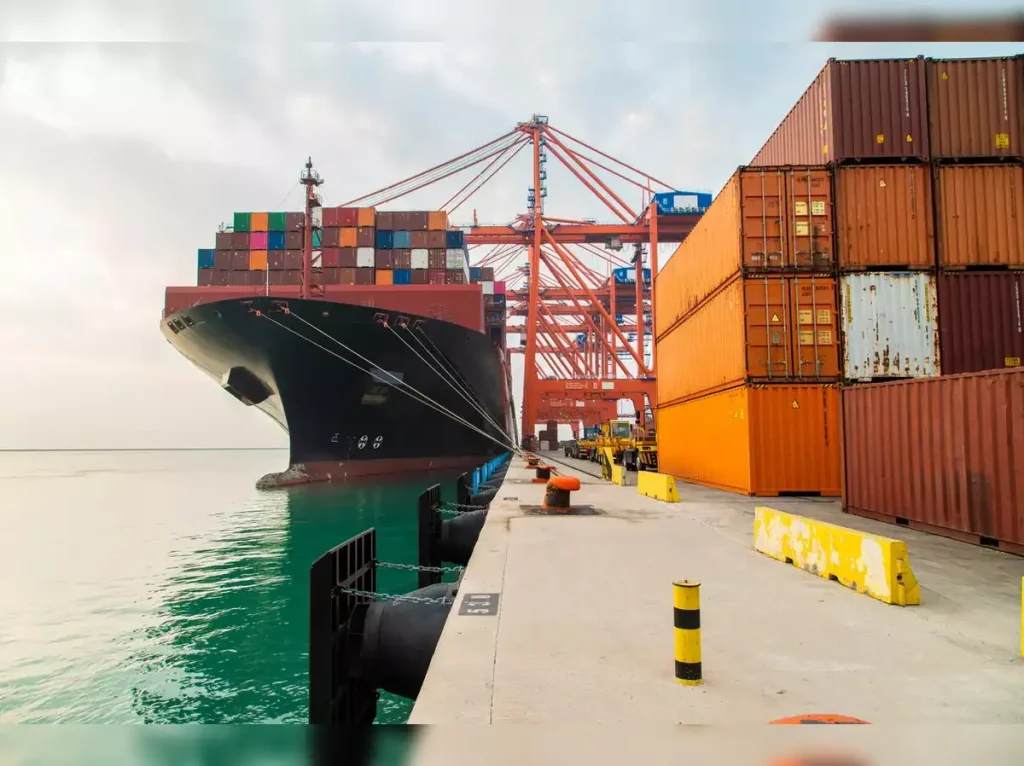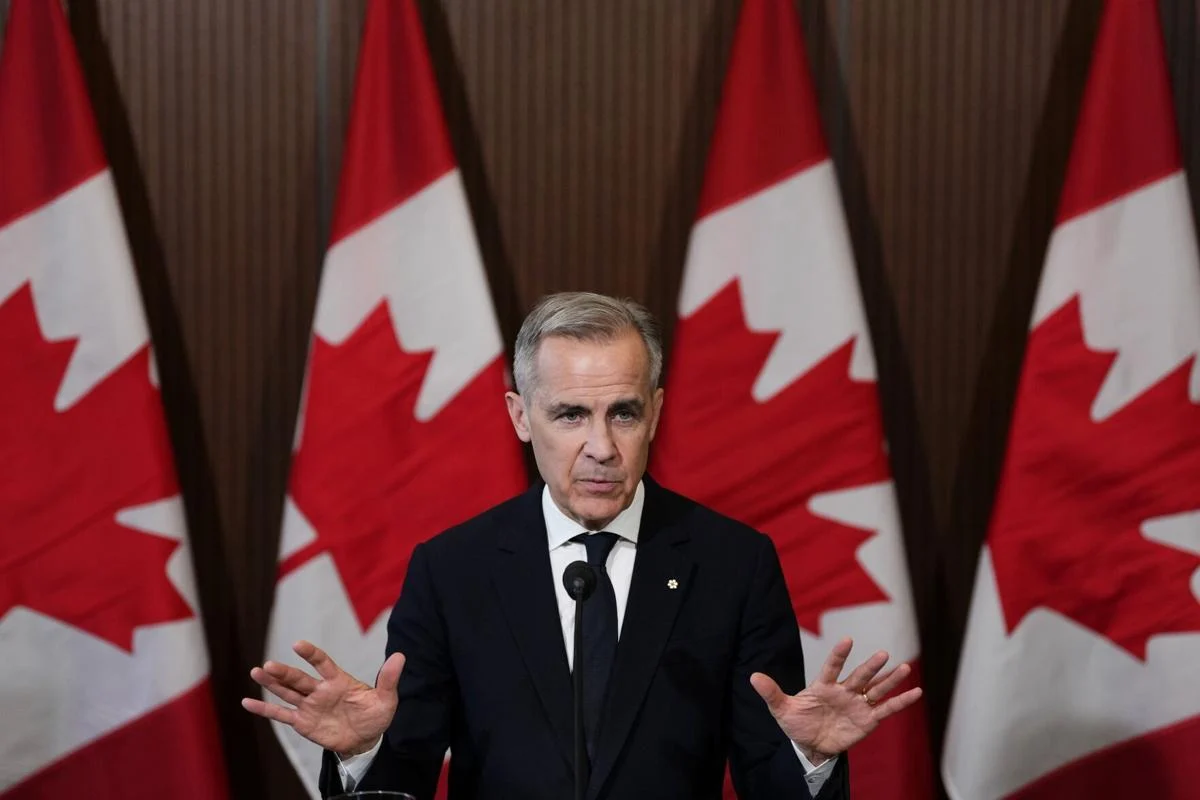Canada has temporarily suspended certain retaliatory tariffs on US imports, but Finance Minister François-Philippe Champagne has rejected claims that the measures have been entirely withdrawn.
The government, led by newly elected Prime Minister Mark Carney, introduced the counter tariffs following US President Donald Trump’s decision to impose broad levies on Canadian goods. Carney, who took office after the 28 April election vowing to stand firm against Trump’s economic policies, had committed to shielding Canadian industries while retaliating proportionately.
As part of those efforts, Ottawa offered a temporary reprieve to automakers, provided they continued to invest in Canadian manufacturing. Details of the suspension were published on 7 May in the Canada Gazette, the government’s official record, which also outlined pauses on tariffs for products linked to food and beverage processing, health care, national security, and other essential sectors.

Economic consultancy Oxford Economics reported this week that the exemptions were so extensive they effectively reduced Canada’s average tariff rate on US goods to “nearly zero”. This prompted criticism from opposition leader Pierre Poilievre, who accused Carney of having “quietly dropped retaliatory tariffs to nearly zero without telling anyone.”
Finance Minister Champagne dismissed those claims as “falsehoods”, writing on X (formerly Twitter): “To retaliate against US tariffs, Canada launched its largest-ever response – including $60 billion in tariffs on end-use goods. Seventy percent of those tariffs are still in place.”
His office clarified that Canada’s tariff policy was designed to penalise the US administration without causing excessive economic pain domestically. A six-month relief period has been granted to allow Canadian firms to reduce their reliance on US suppliers and reconfigure supply chains.
According to Champagne’s spokesperson Audrey Milette, tariffs remain in force on approximately Can$43 billion (US$31 billion) worth of American products.
Canada, which relies on the United States for around 75 percent of its exports, has already begun to feel the economic strain. Recent jobs data indicates that the US tariffs, including a blanket 25 percent levy and specific charges on steel, aluminium, and vehicles, are having a damaging impact. Some of these measures have been temporarily suspended by Washington pending further trade negotiations.


 Trending
Trending 